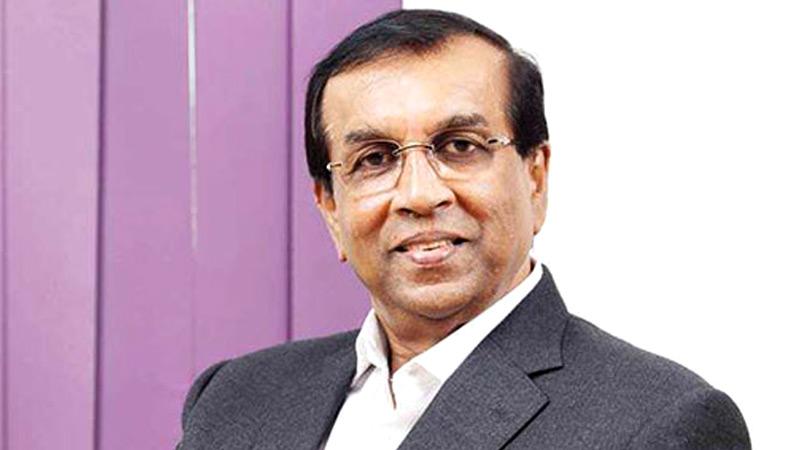
The first digital Identification Card (ID) incorporating every citizen as potential entities to the larger economy will be out by December, said a top official of the Information and Communication Technology Agency (ICTA) on Friday.
“We have not changed the timelines for any of our projects aimed at digitising the economy despite the current challenging environment in the country,” ICTA Chairman Jayantha de Silva said.
The concept to go for digital IDs was mooted in 2012 to enable the government to disburse welfare funds to people.
“The move to shift to digital IDs has gone through many processes and having made substantial progress in getting things off the ground the first e-ID will be launched by the end of the year,” de Silva said, adding that the Agency hopes to launch the e-driving licence and the program to e-enable grama sevakas soon.
However, figures indicating the progress made in e-commerce, e-education and e-healthcare is startling as surveys reveal that currently credit card usage in the country is below 20 percent.
“There are many reasons for the slow progress in getting into e-commerce and digitizing the economy. The absence of a fixed income and the culture that we are used to and comfortable with going into a shop or market and have a tangible experience of what we buy which is not wrong, but has been a drawback to shift to online trading,” de Silva said.
Lack of awareness and not knowing how to pay especially in remote areas are some of the other hindrances to develop digital transactions.
E-commerce is any transaction of goods and services done over the internet. More colloquially, it refers to buying an item or service online with an electronic payment method, such as a credit or debit card or a digital wallet service.
He said the danger of e-commerce platforms operated through agents in the country while having its base overseas should be borne in mind.
“There should be locally and internationally based e-commerce platforms which will help customers to go for locally manufactured products,” de Silva said, adding that e-commerce though is a cost saving and convenient mode of transacting it should not necessarily be the only way to make payments. If the traditional trading modes operate smoothly they should be maintained.
However, the global pandemic has compelled consumers to shift their shopping modes to online, according to research.
Vietnam records the highest increase in e-commerce shopping where 57% of consumers are more frequently shifting their purchasing online. Major increases are also seen in India (55%), China (50%) and Italy (31%).
Globally, the trend is even stronger. Some 1.66 billion online shoppers spent $2.3 trillion in 2017. By 2021, sales could more than double from today's levels.
Transaction volumes in most retail sectors have seen a 74 percent rise in March compared to the same period last year, while online gaming has seen a staggering increase of 97 percent, according to analysis by ACI Worldwide of hundreds of millions of transactions from global online retailers.
Amazon, Walmart, Alibaba and JD.com are some of the global e-commerce platforms.
- LF
